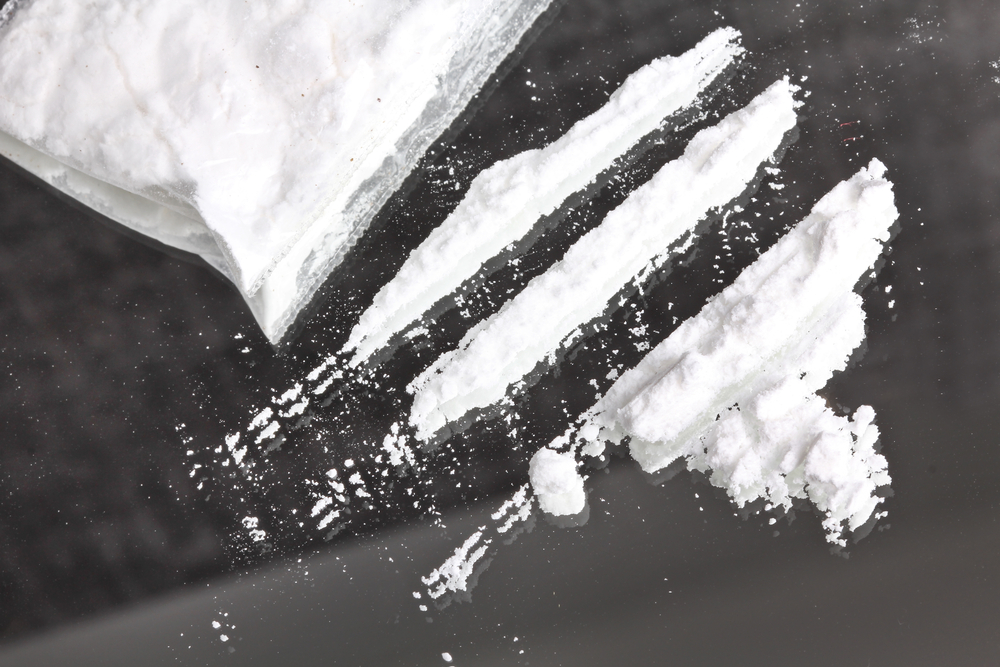Zap a Cocaine Addiction With … Lasers?

Get the world’s most fascinating discoveries delivered straight to your inbox.
You are now subscribed
Your newsletter sign-up was successful
Want to add more newsletters?

Delivered Daily
Daily Newsletter
Sign up for the latest discoveries, groundbreaking research and fascinating breakthroughs that impact you and the wider world direct to your inbox.

Once a week
Life's Little Mysteries
Feed your curiosity with an exclusive mystery every week, solved with science and delivered direct to your inbox before it's seen anywhere else.

Once a week
How It Works
Sign up to our free science & technology newsletter for your weekly fix of fascinating articles, quick quizzes, amazing images, and more

Delivered daily
Space.com Newsletter
Breaking space news, the latest updates on rocket launches, skywatching events and more!

Once a month
Watch This Space
Sign up to our monthly entertainment newsletter to keep up with all our coverage of the latest sci-fi and space movies, tv shows, games and books.

Once a week
Night Sky This Week
Discover this week's must-see night sky events, moon phases, and stunning astrophotos. Sign up for our skywatching newsletter and explore the universe with us!
Join the club
Get full access to premium articles, exclusive features and a growing list of member rewards.
Scientists showed they could erase a rat's cocaine habit by shining a laser light on its brain. The achievement could give rise to a new therapy for people crippled by an addiction to the drug, researchers say.
For people and lab rats alike, a compulsive cocaine addiction can dull activity in the prefrontal cortex, a brain region thought to be important for impulse control and decision making.
In the new study, scientists used genetic engineering to transform neurons in the rats' prefrontal cortex into a switch. They implanted light-sensitive proteins called rhodopsins in the neurons that they could turn on and off with a laser light.
"When we turn on a laser light in the prelimbic region of the prefrontal cortex, the compulsive cocaine seeking is gone," said study researcher Antonello Bonci, scientific director of the intramural research program at the National Institute on Drug Abuse, part of the National Institutes of Health (NIH). [10 Odd Facts About the Brain]
Interestingly, the treatment can go both ways. Switching those neurons off turned the non-addicted rats into coke addicts.
The results offer promise that targeting the prefrontal cortex could be an effective therapy for humans. Bonci and his colleagues plan to begin clinical trials at NIH to see if this approach might work. The scientists say lasers wouldn't be used in the human version of the treatment, according to a statement from the University of California, San Francisco, which also contributed to the study. Instead, the therapy would likely use transcranial magnetic stimulation, a non-invasive method applied outside the scalp and has been used as a treatment for depression.
The clinical trials would probably involve a few sessions for people who are addicted to cocaine to test if activity can be restored in their prefrontal cortex to help them kick the habit.
Get the world’s most fascinating discoveries delivered straight to your inbox.
The research was detailed this week in the journal Nature.
There have been other ambitious attempts to cut cocaine addiction. Last summer, two separate groups of researchers developed cocaine vaccines that showed promise in blocking the highly addictive drug before it reaches the brain.
An estimated 1.4 million Americans are addicted to cocaine. Heavy use of the drug may double the speed of the brain's natural aging. Even occasional, social use of the cocaine may boost the risk of a heart problems, research has shown. The drug is also a top cause of heart attacks and strokes for people under 35.
Follow Megan Gannon on Twitterand Google+. Follow us @livescience, Facebook & Google+. Original article on Live Science.

 Live Science Plus
Live Science Plus










